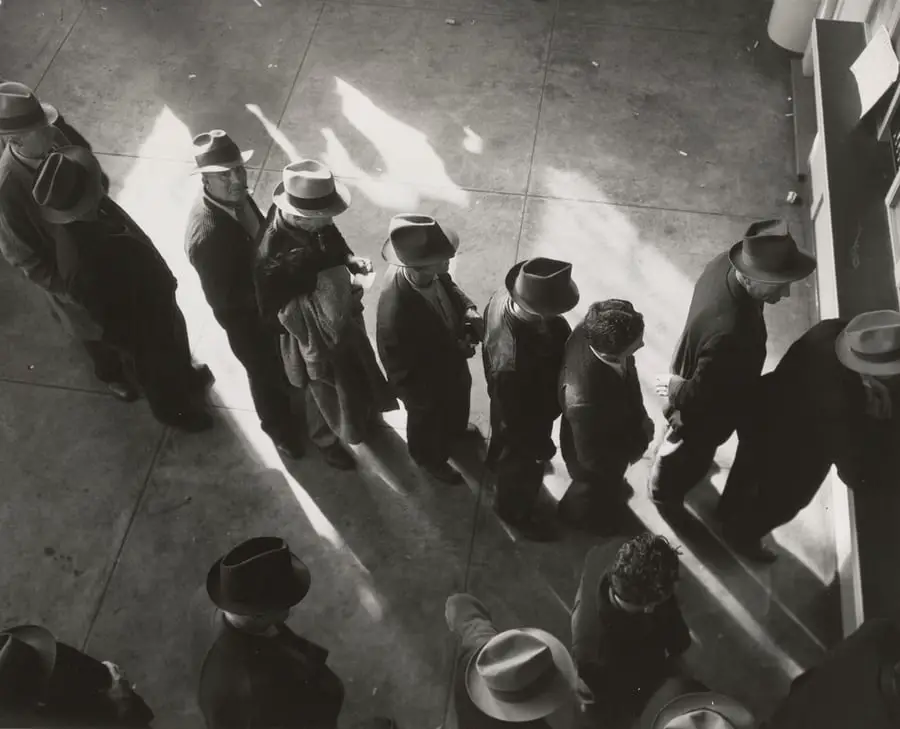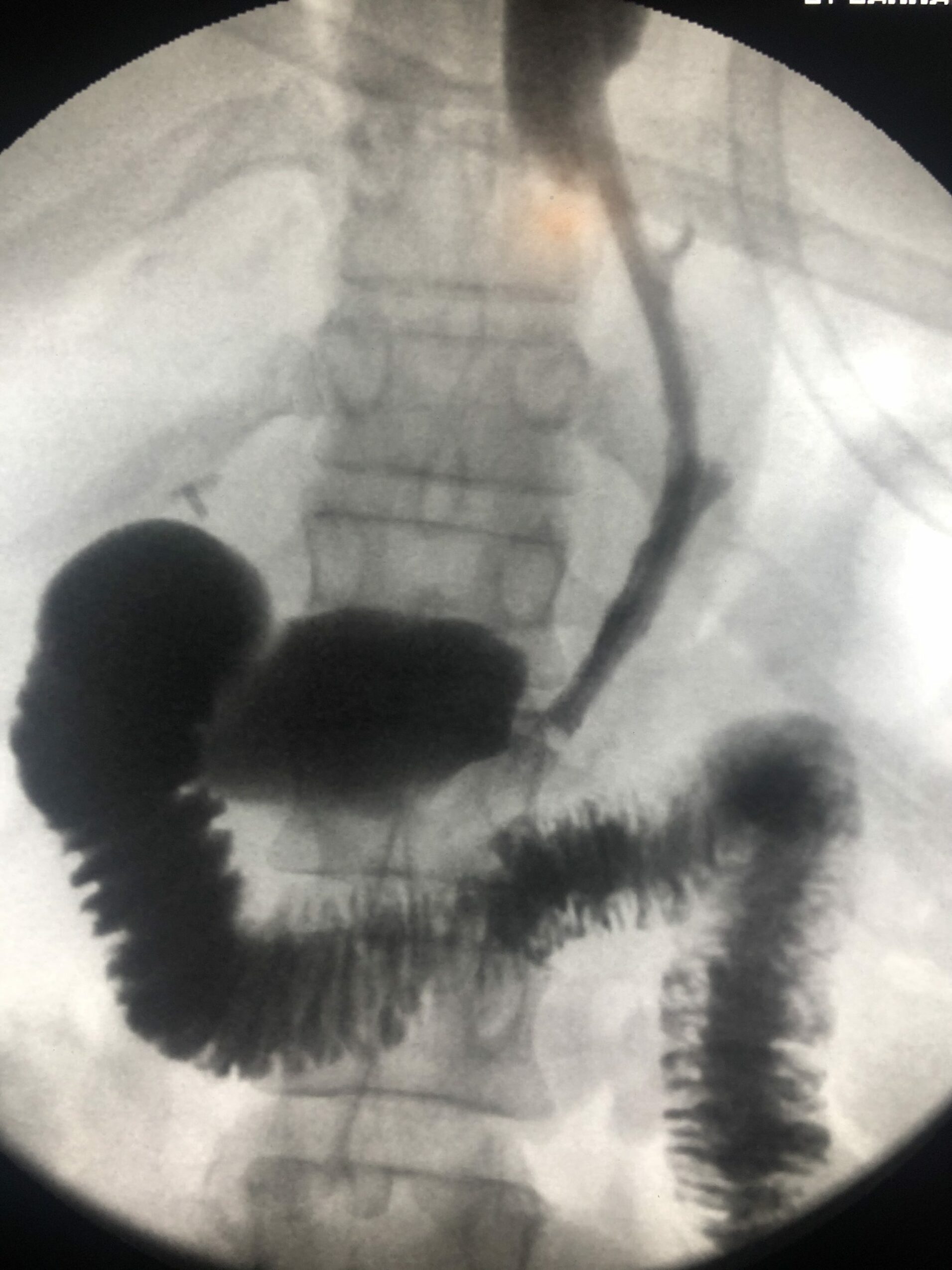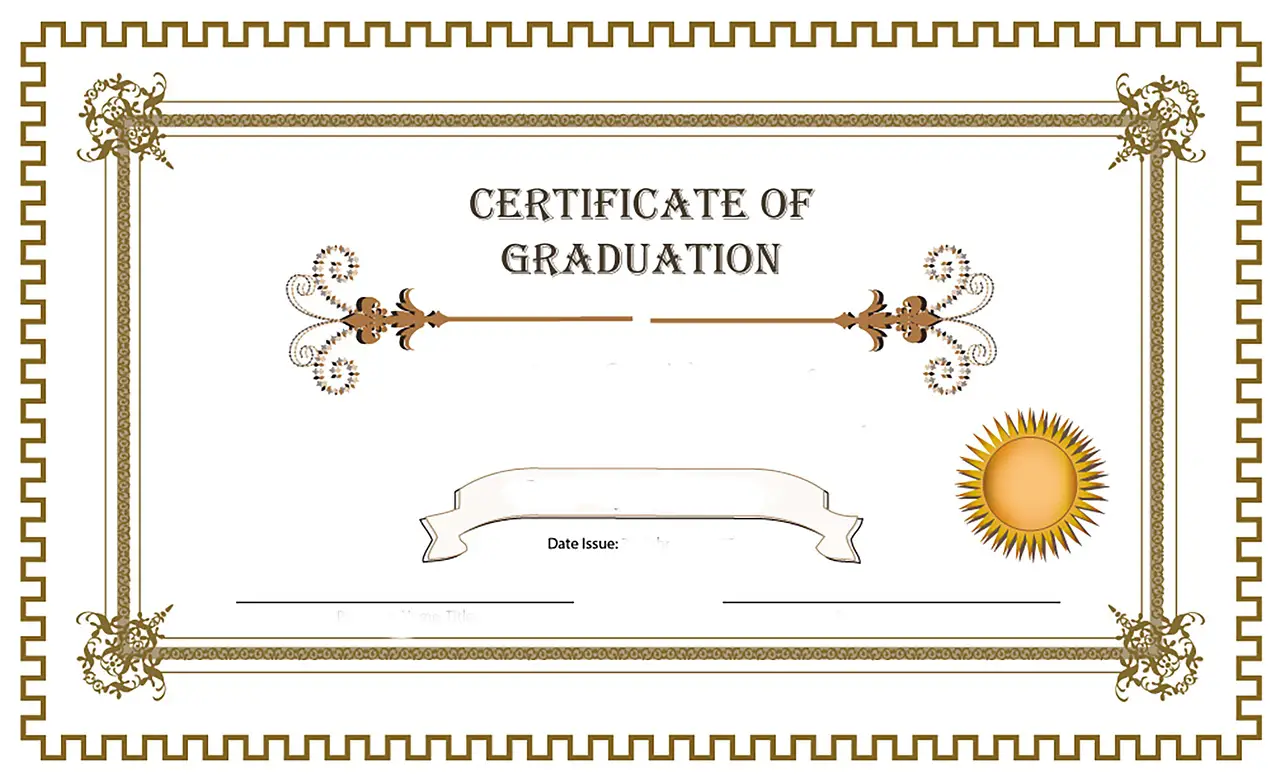
Not all students learn the same way. And, each method of studying has different pitfalls and benefits. For a distractible student, you need an isolated organized environment to study. And, a large group may not benefit this individual. As a kinetic learner, the action of performing a lab or dancing while reciting study material may allow you to absorb the material better. But, sitting in one place staring at a book may not work as well. My point is that board review is not a “one size fits all” activity. And I recognize that.
Moreover, in my experience, I have seen board review companies giving an unqualified boost to some test-takers in question. And, others who have not taken a board review course do just fine So, to answer the question posed on this post, do board review companies help medical students and residents with the USMLE, I will have to be a little wishy-washy and give you an unqualified maybe!
But if you are reading this post, what you are asking is will a board review company help me. And, perhaps, even more importantly, is the course a waste of money and time? So, another way to word the question would be, what types of medical professionals would and would not benefit from using a board review company? And, those are just the questions that I will answer!
Students That Benefit From Using Board Review
Residents Without Organizational Skills
What board review companies do best is to provide you with a routine and a defined way to study for the examination. They give you the material that you will need to make sure that you will pass the exam. For some students and residents, the course leaders’ material and the demands provide a bit more structure. Of course, a system and a routine can allow these test-takers to focus on studying for the exam.
Poor Test Takers
Some residents and ‘medical school students either develop anxiety or think too deeply about a question and perseverate for a half hour. Board review companies are good at making sure you understand the how’s and why’s of taking tests to improve your test-taking skills. What’s interesting about many poor test-takers is that they don’t necessarily translate into bad radiologists. In this situation, a board review company can provide a bit of a boost to your scores. It is most likely worth your time and money for that extra help if you consider how much more you will make in your lifetime.
Previous USMLE Low Board Scores Failures
They say that the definition of crazy is expecting a different outcome after doing the same thing again. Well, anyone that has not done well on a board exam beforehand should utilize the extra help to get you over the hump to increase your chances of acceptance into the radiology fold! Board review companies can help to change the way you study the next time around.
Students/Residents With Borderline Credentials For Acceptance
If you are a resident toward the middle or bottom of your medical school class, a higher score on Step I (Or now Step II USMLE with the new changes) can make all the difference between acceptance to residency/fellowship and rejection. Many residencies (and to a lesser extent fellowships) will use cutoffs in Radiology to ensure that the accepted class will pass the core exam. Why? Because there is a correlation between doing well on the USMLE exams and passing the core exam. And, a boost of only 5 points on your exam can make all the difference between capturing that interview and total rejection. It’s probably worth it to shell out that extra dough.
Foreign Applicants
Finally, if you are coming from another country, the programs will scrutinize your application more. Any advantage can help your case. If you have reached this far, you are better off taking a course even if it only increases your score by a few points. It may make all the difference!
Students That Don’t Need The Extra Help
Natural Born Test Takers
Yes. Some students and residents can take almost any test and pass it with flying colors. (Aren’t you jealous?) They have just mastered the art of examination to a tee. Based on the question itself, regardless of the information at hand, they can almost sniff the right answer. If that is you, then forget about board review. Save your money!
Honors in Every Course With Twenty Papers Already Completed
Check. Some folks have had an incredible academic record, and no matter what will get into the residency of their choice with or without excellent board scores. If this person is you, why bother to pay up for another exam?
You Get The Point!
I think you see what I am getting at here. Some folks don’t need to pay for that extra boost of a few points. It may not be worth the extra outlay of cash for those folks.
Board Review Companies Work Well For The Right Fit!
I know how painful it can be to shell out a bit more money when you already have umpteen gazillions of dollars of debt. But, sometimes, it is worth it to pay up for the additional help, especially if it may mean the difference between having a long career in the specialty you want. Having a guide that can get you through the pitfalls of studying for these tests is invaluable for the right sort of test-taker. So, consider where you stand and decide if it is right for you. Here are some of the more frequently used board review companies below that my residents have used to help you along with your decision. You can click on them if you are interested. I am an affiliate of both! (Princeton Review currently has a discount that expires on September 3!)














